Springboard, an online learning platform that emphasizes mentor-student relationships, today unveiled a new partnership with Gonzaga University to deliver two online “bootcamps” to learners aiming for careers in cybersecurity and software engineering.
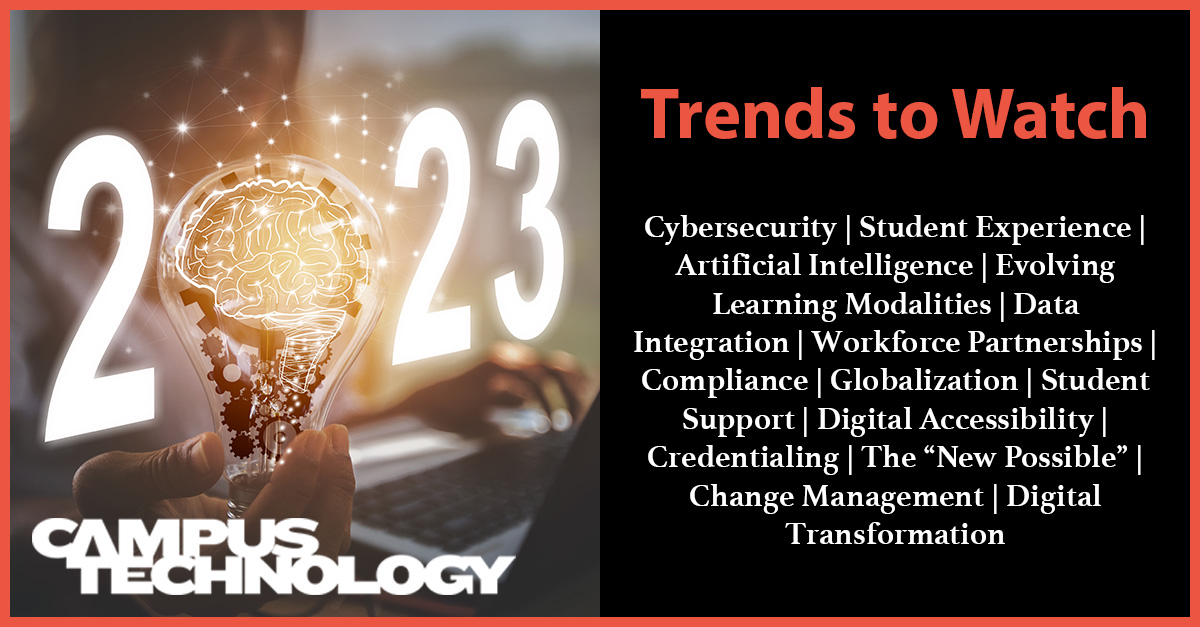
How will technologies and practices like artificial intelligence, predictive analytics, digital transformation, and change management impact colleges and universities this year? Here's what the experts told us.
A new consent decree between the Justice Department and University of California, Berkeley resolving allegations that UC Berkeley’s digital content is not accessible enough may have much broader implications for education institutions with free online content and courses that are not fully ADA compliant — regardless of the platform where the institution’s content exists.
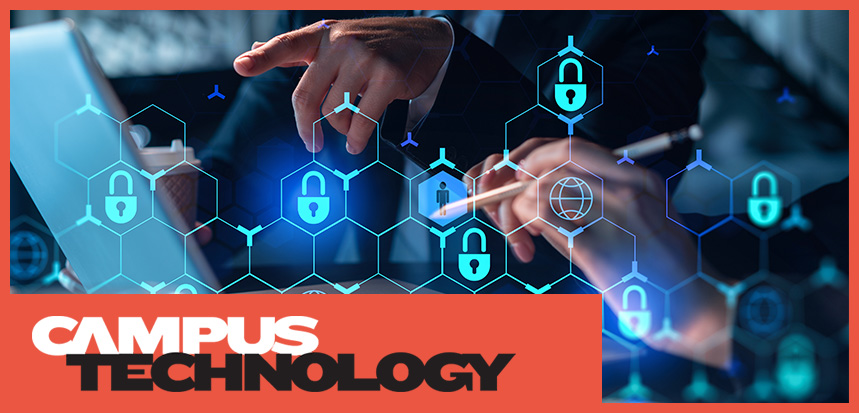
The Texas Department of Information Resources, in its newly released Biennial Performance Report, has asked the state legislature to make it easier for higher education institutions and other state agencies to have dedicated information security officers by allowing them to share ISOs regionally.
Interactive display maker Promethean has acquired the digital whiteboard platform Explain Everything, which allows users to create lessons, activities, and interactive presentations on any mobile device.

As VP for information technology and CIO at the University of Michigan, Ravi Pendse is committed to fostering a robust data culture that democratizes the use of data to inform decision-making. At the center of that culture is transparency: making sure students, faculty, and staff know exactly what types of data are collected, and how that data is stored, accessed, managed, and shared. Here, we talk about creating a data-aware, privacy-aware ecosystem, data governance challenges, making data visible to students, and more.
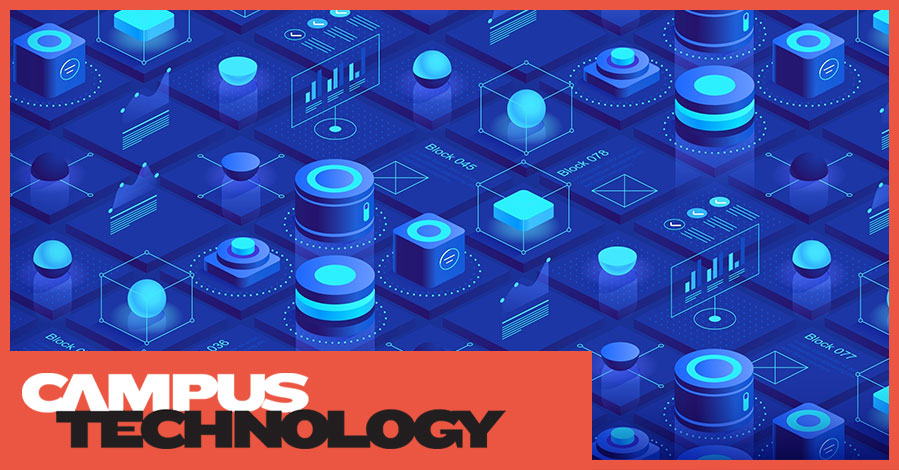
The Educause 2023 Top 10 IT Issues, recently announced at the association's annual conference in Denver, emphasize the importance of putting a technology foundation in place for the future of higher education.

As a predominately online institution geared toward serving adult students, University of Massachusetts Global is rethinking traditional models of education to embrace the flexibility and career relevance that working learners need. We spoke with Dr. David Andrews, chancellor of UMass Global, about developing a new credentialing ecosystem, listening to student and industry needs, and the data infrastructure that can really support student success.
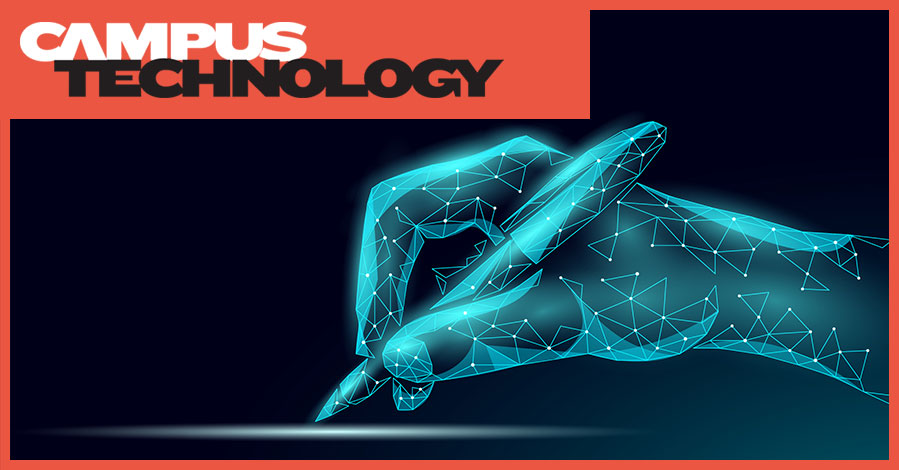
Aiming to help educational institutions digitize their paper-based processes, online form-building provider Jotform has launched a lite version of its enterprise software called Jotform Sign with a no-cost starter plan and 50% discount offer for educational organizations that subscribe to paid plans, the company said in a news release.
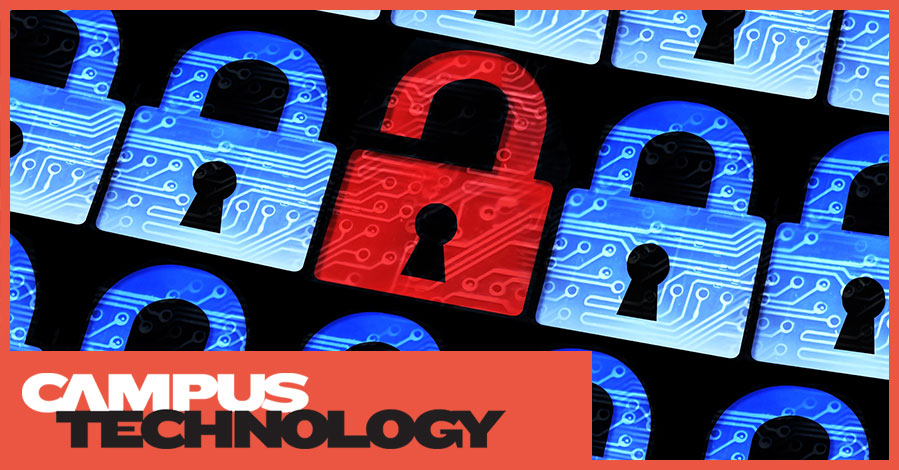
As ransomware attacks targeting the education sector grab more headlines every week, a new ruling from a federal appeals court has made it easier for people whose data is breached and leaked on the dark web to sue the organizations where the data was compromised.